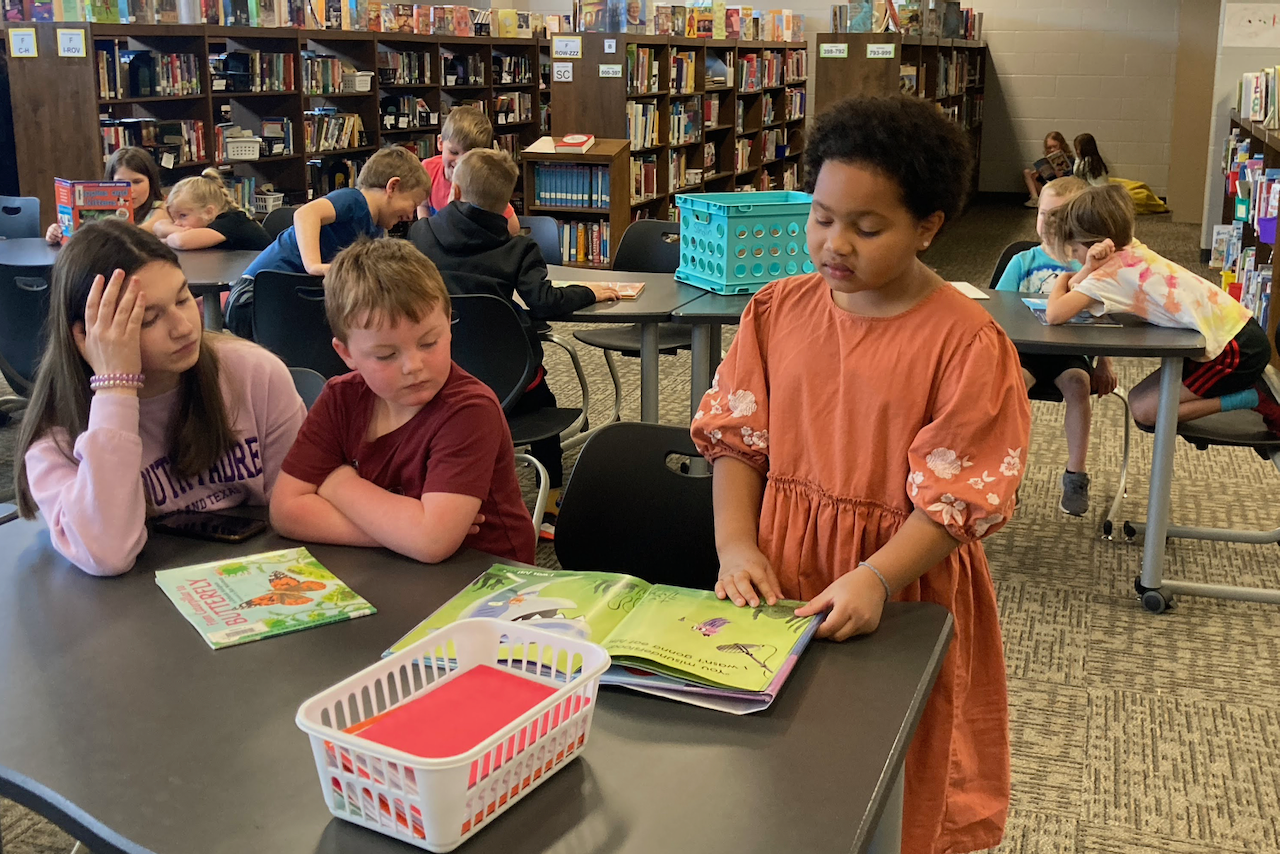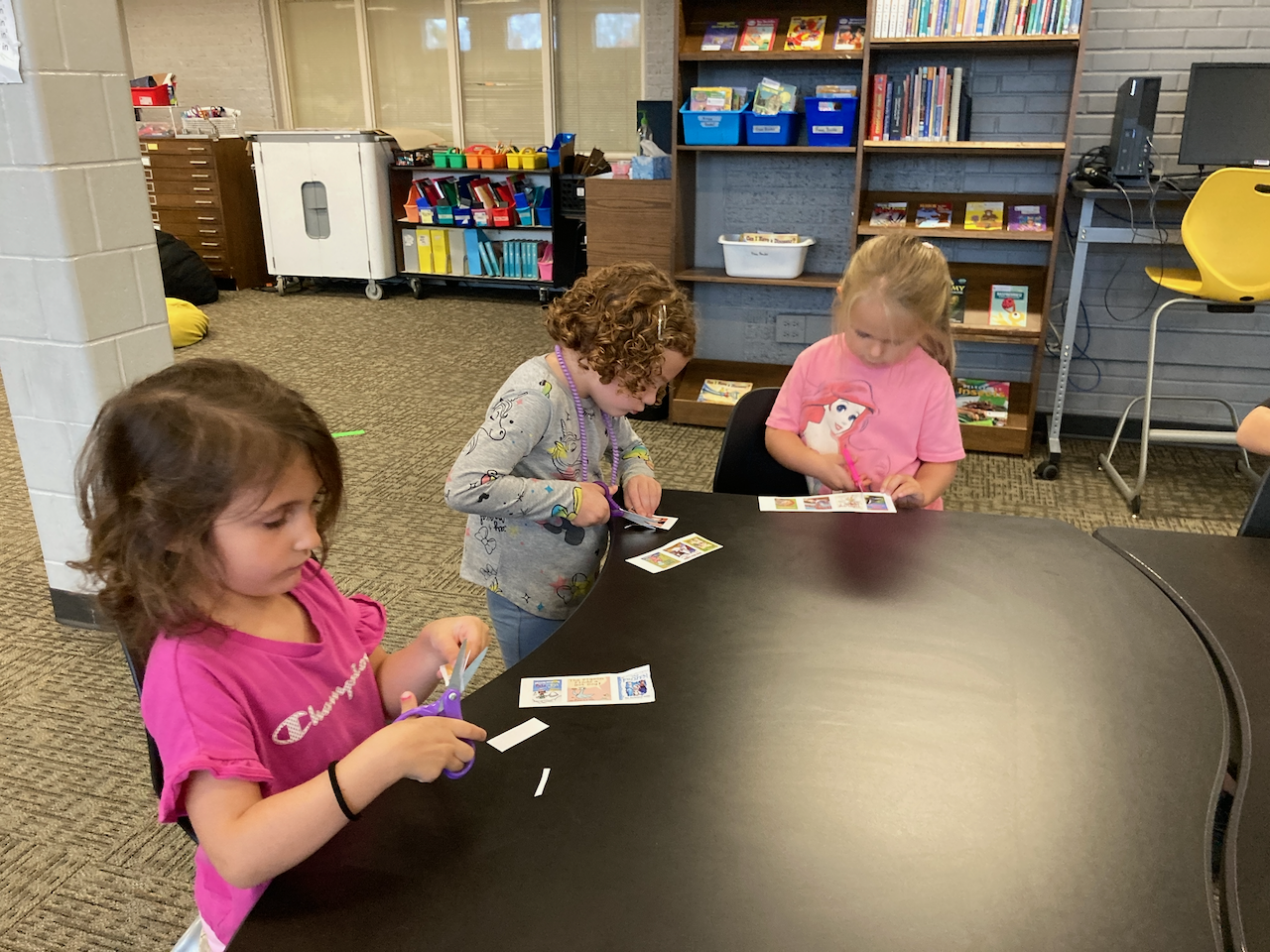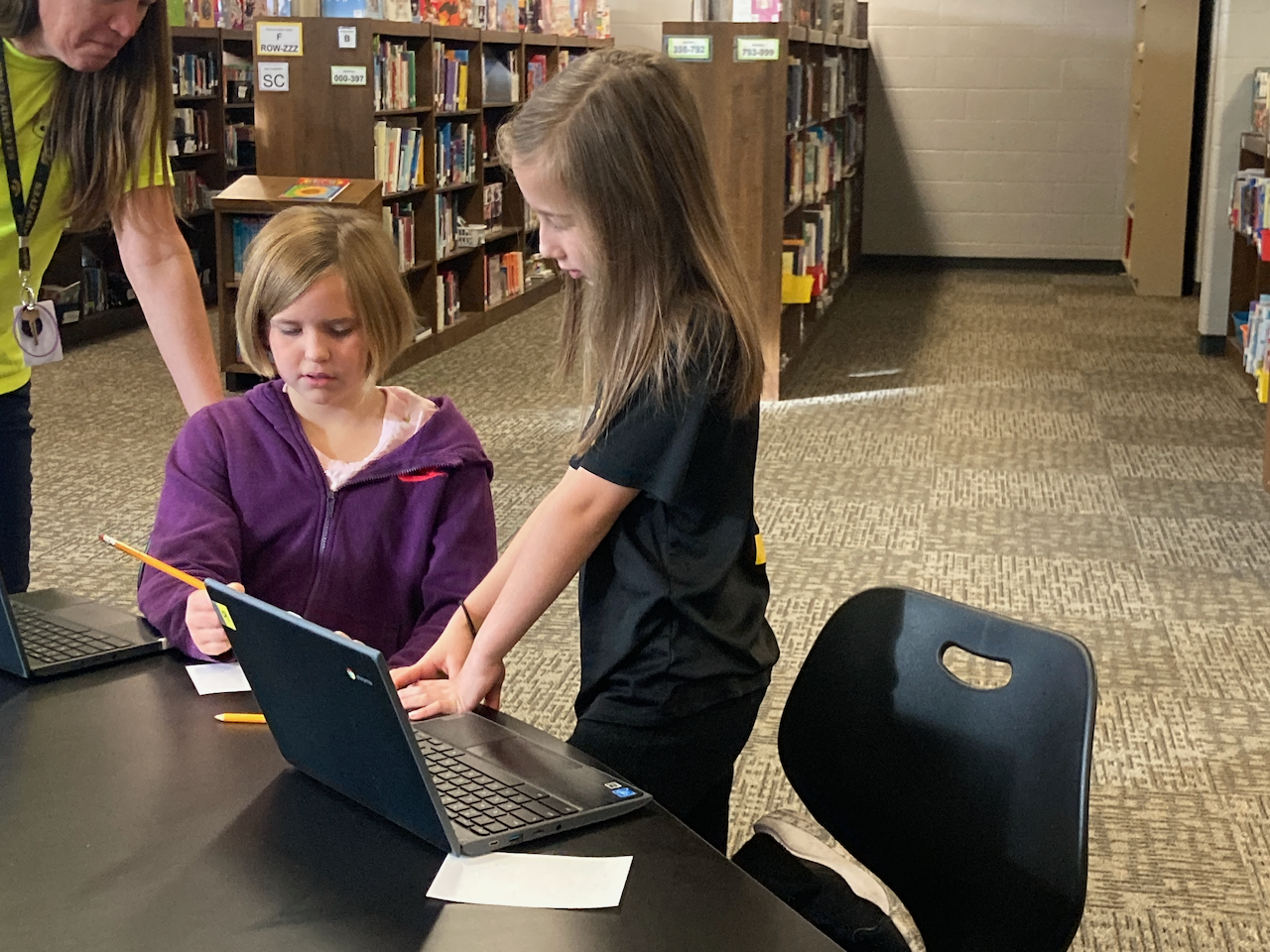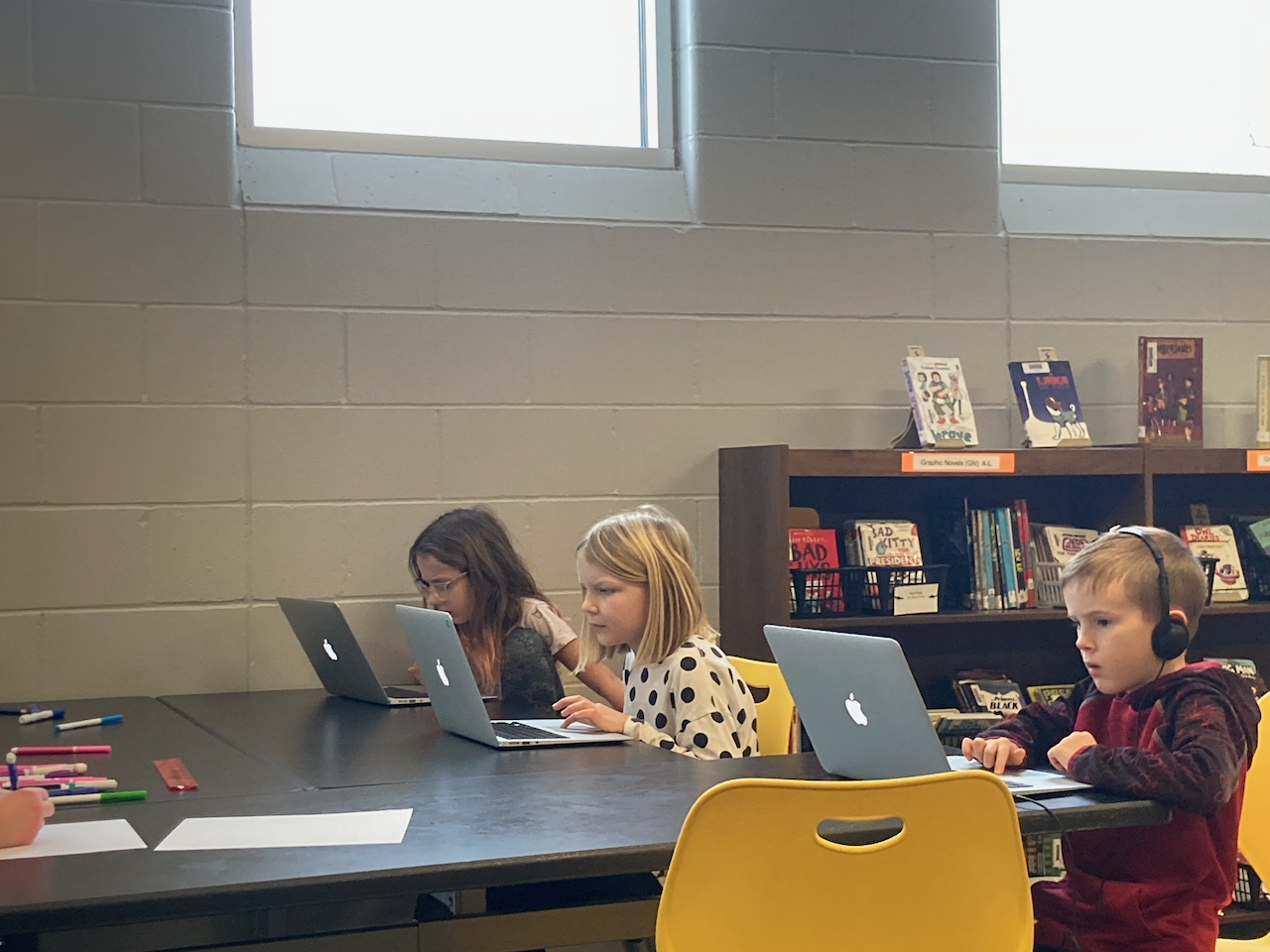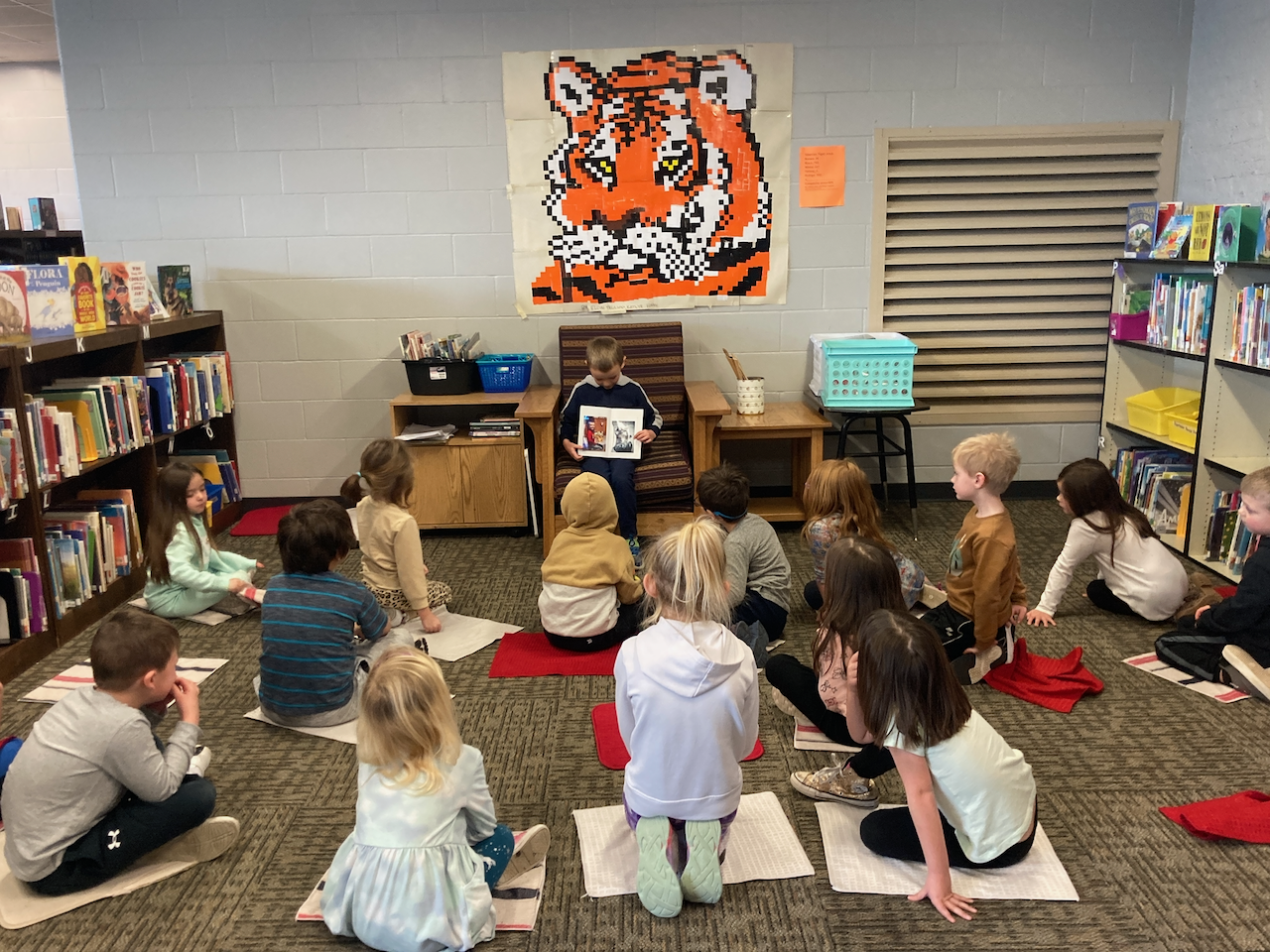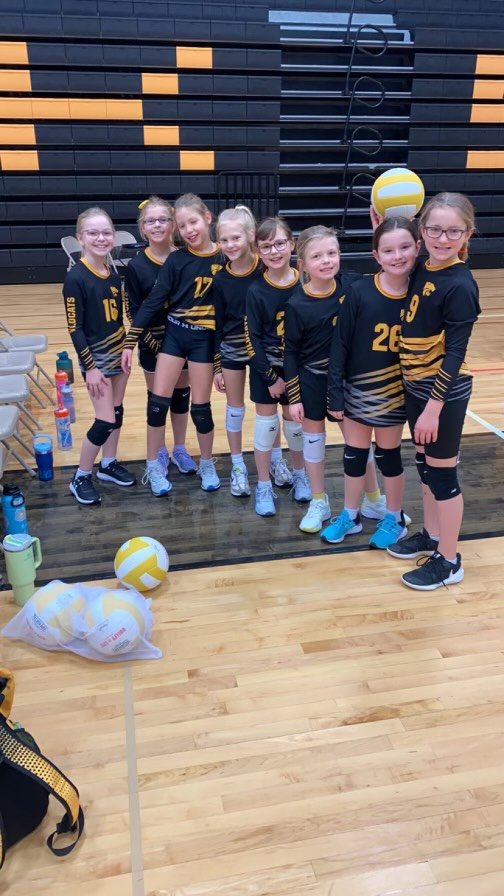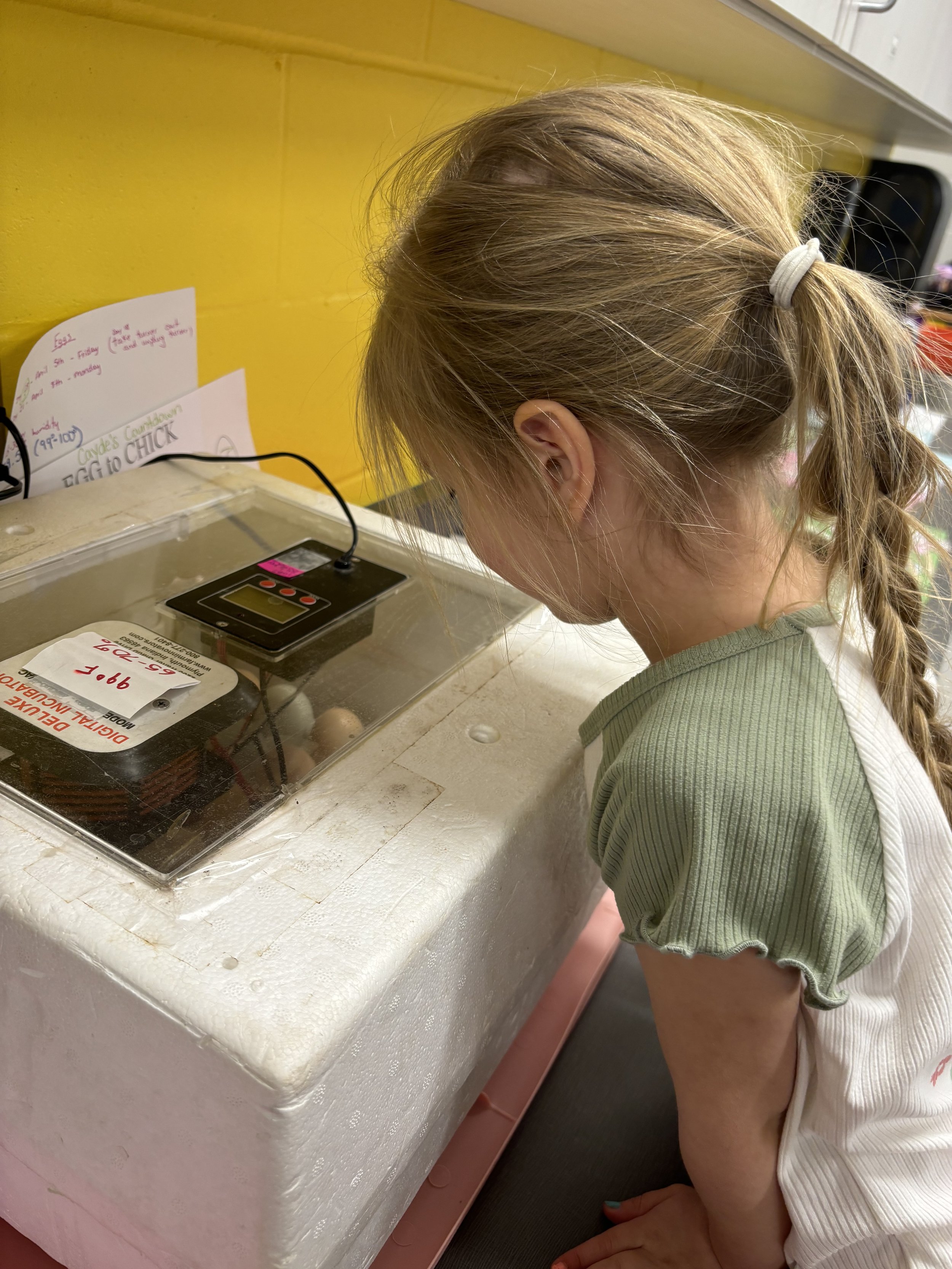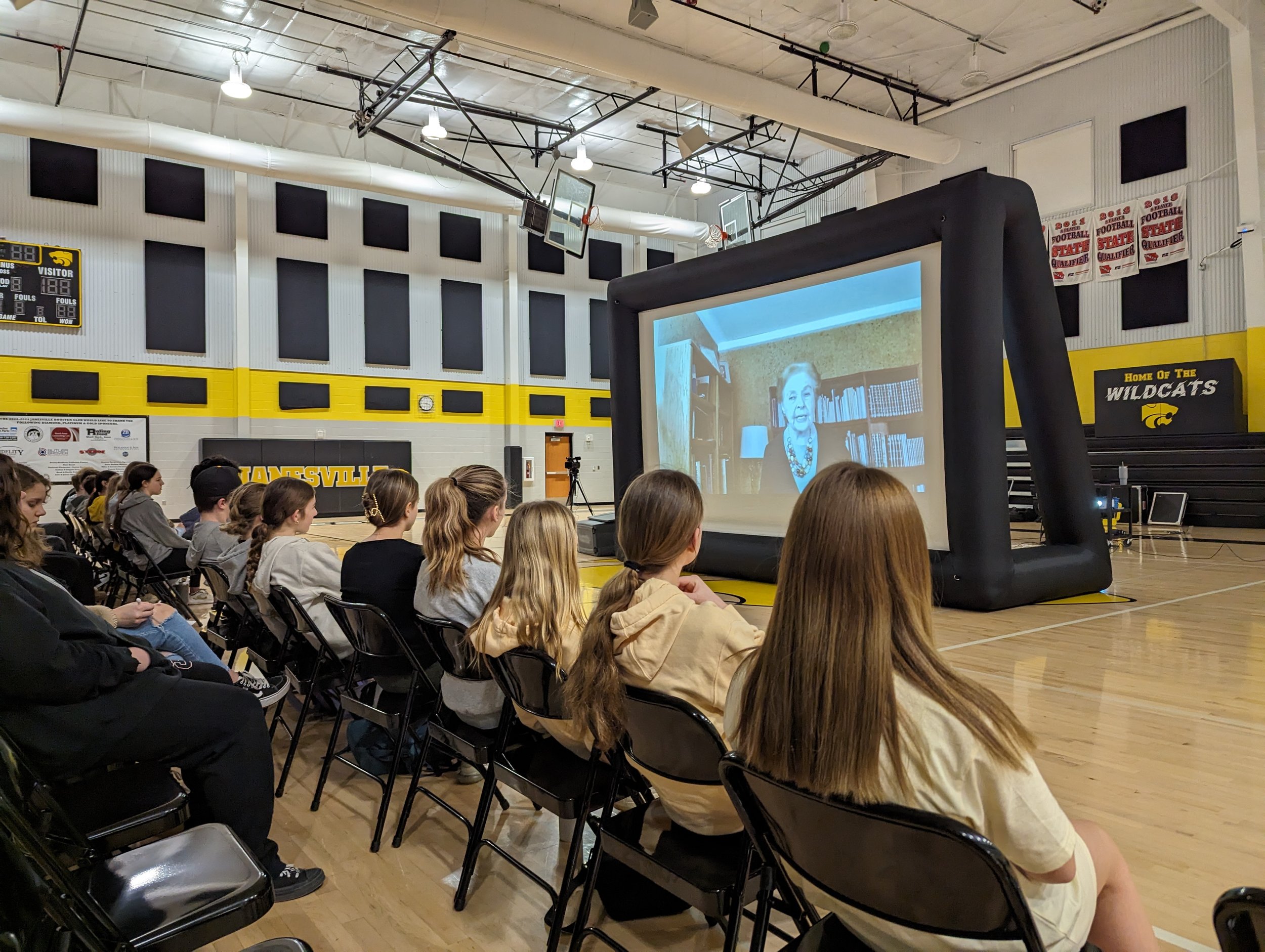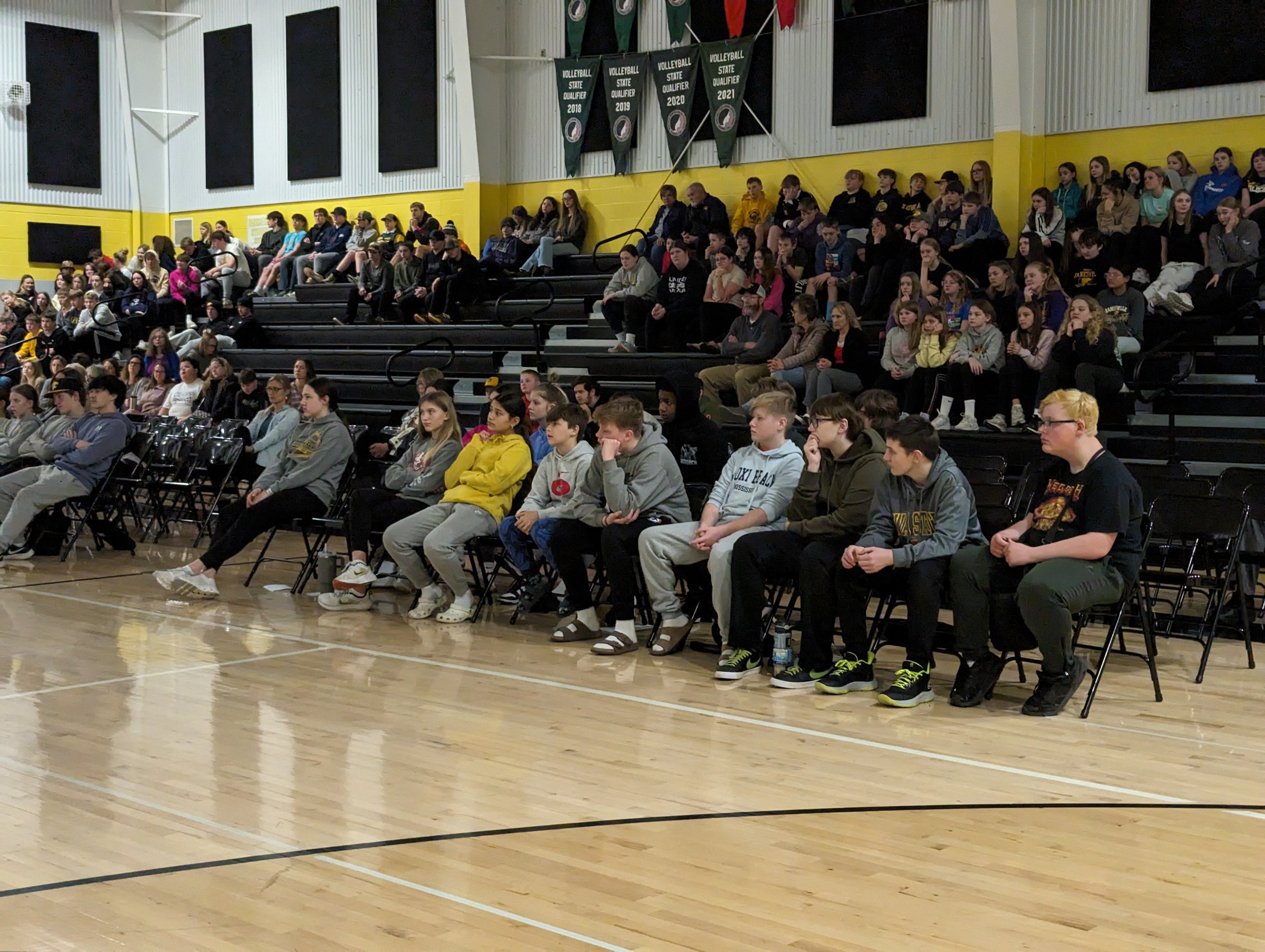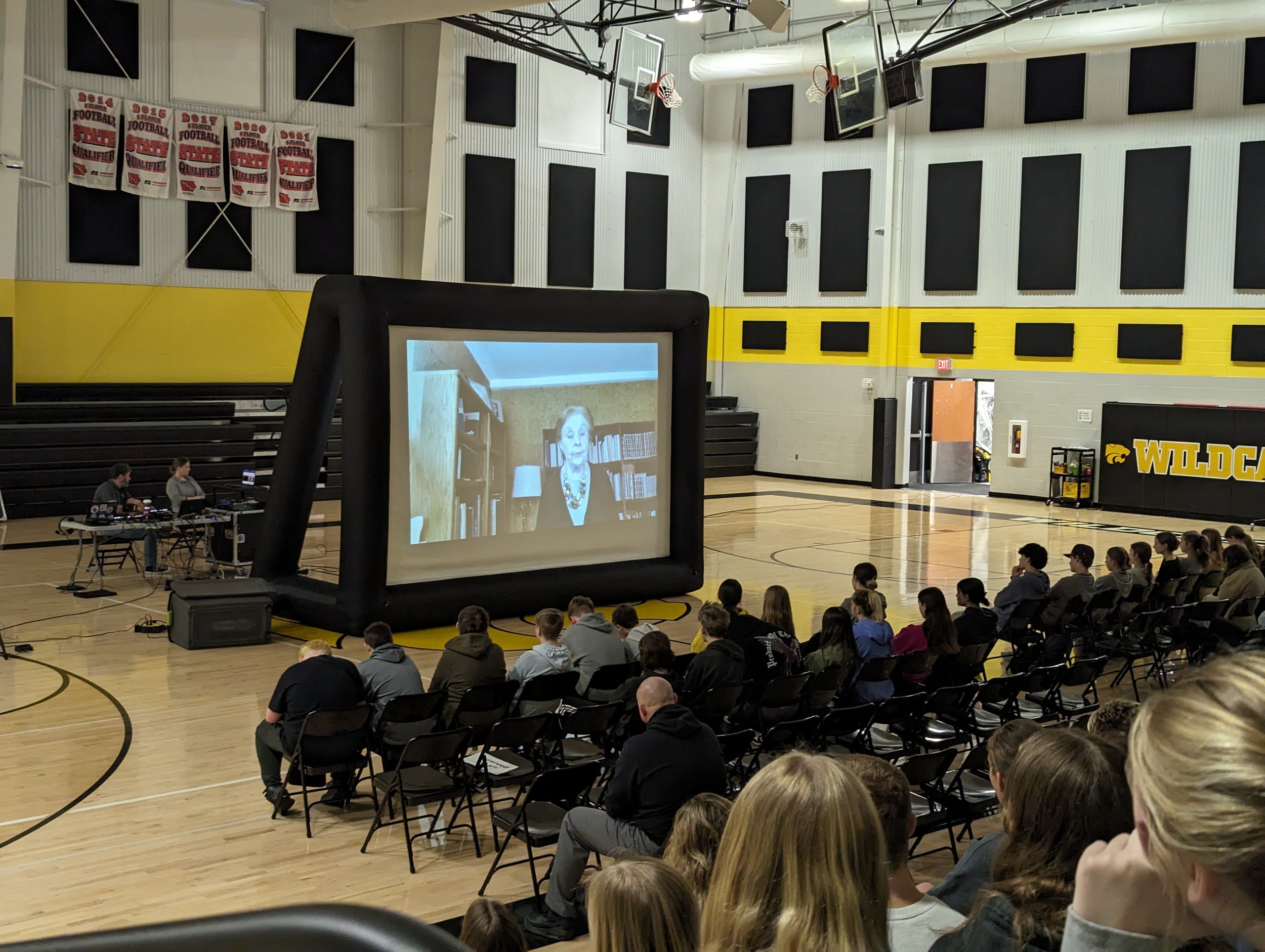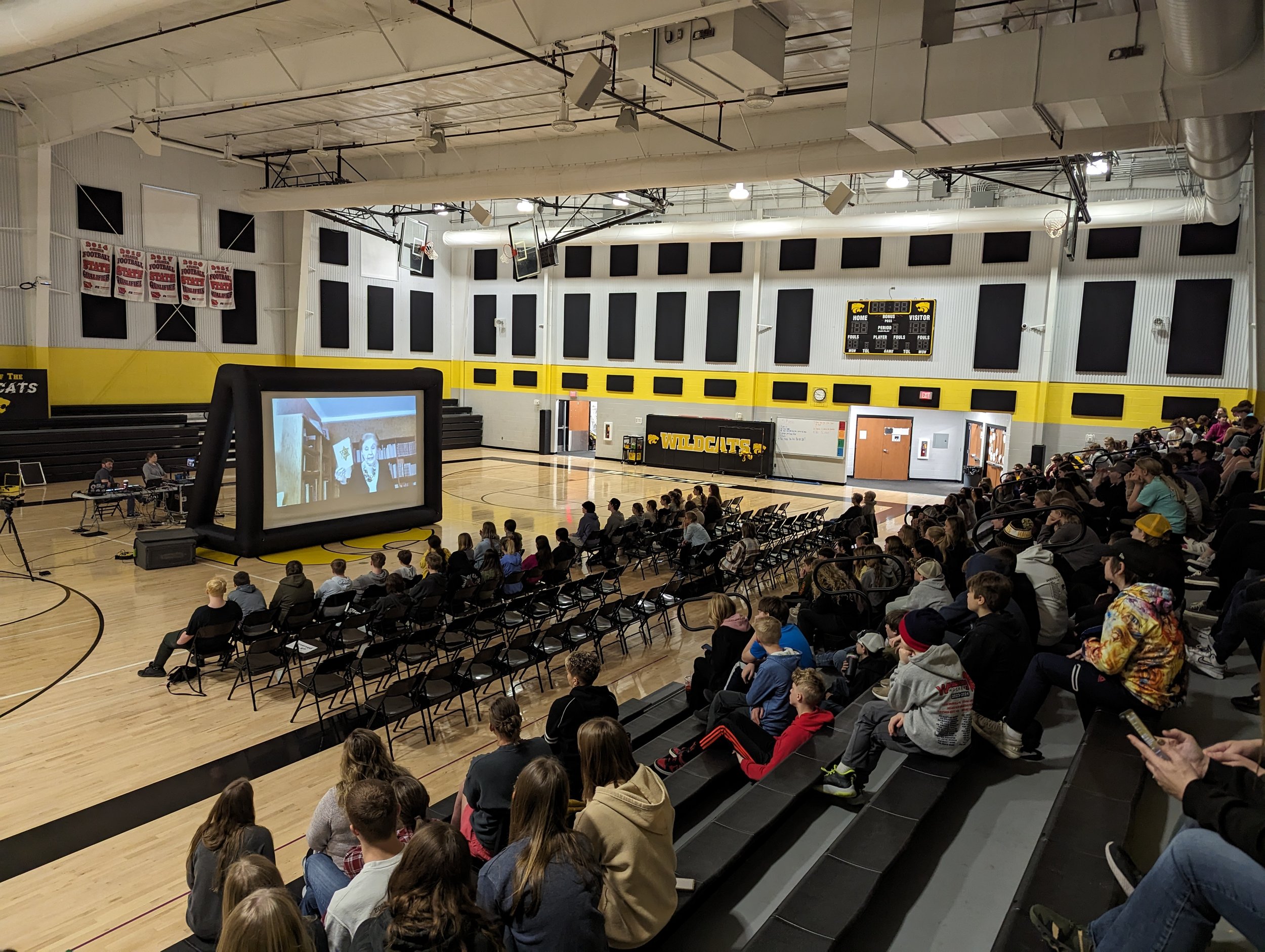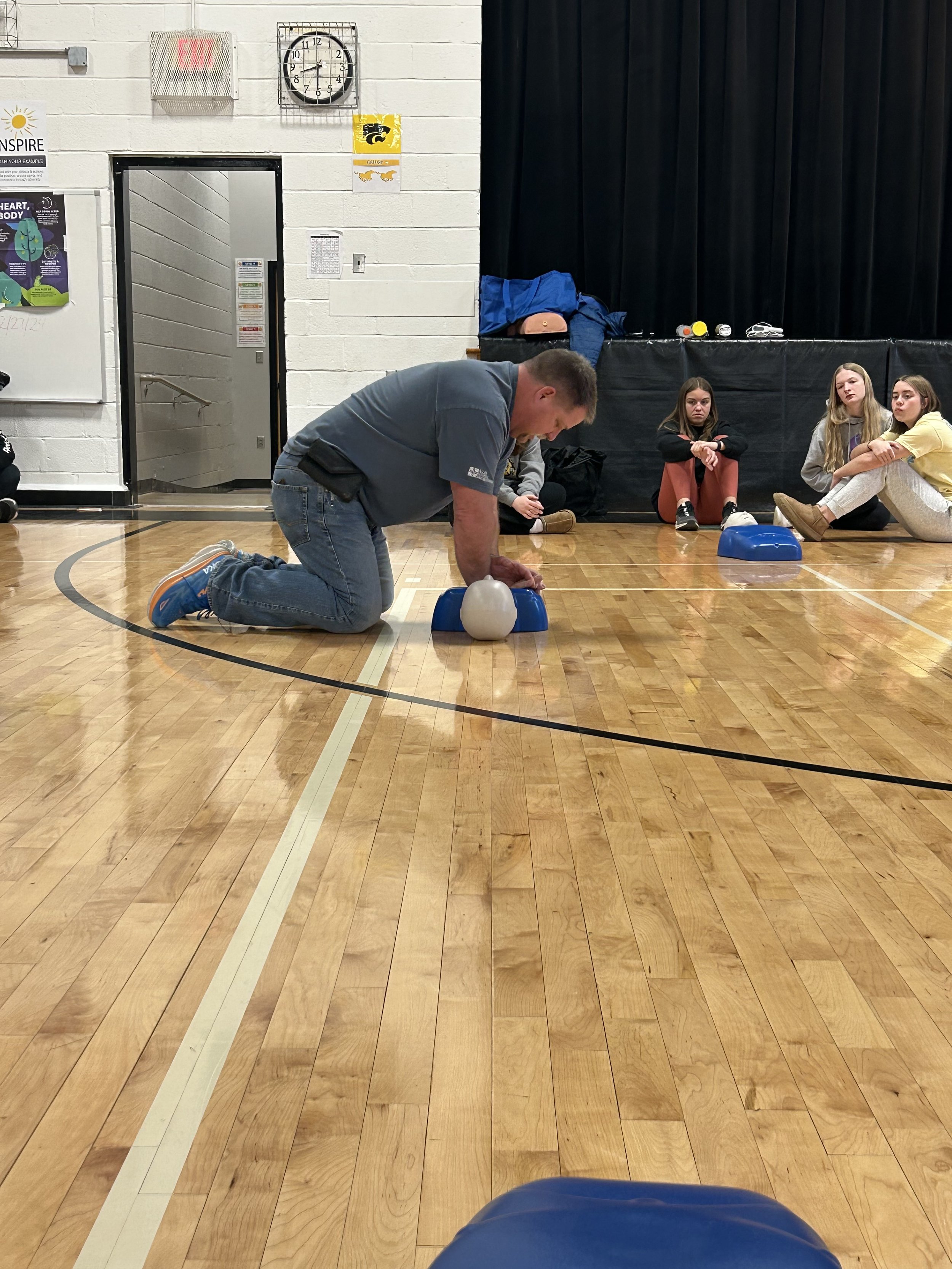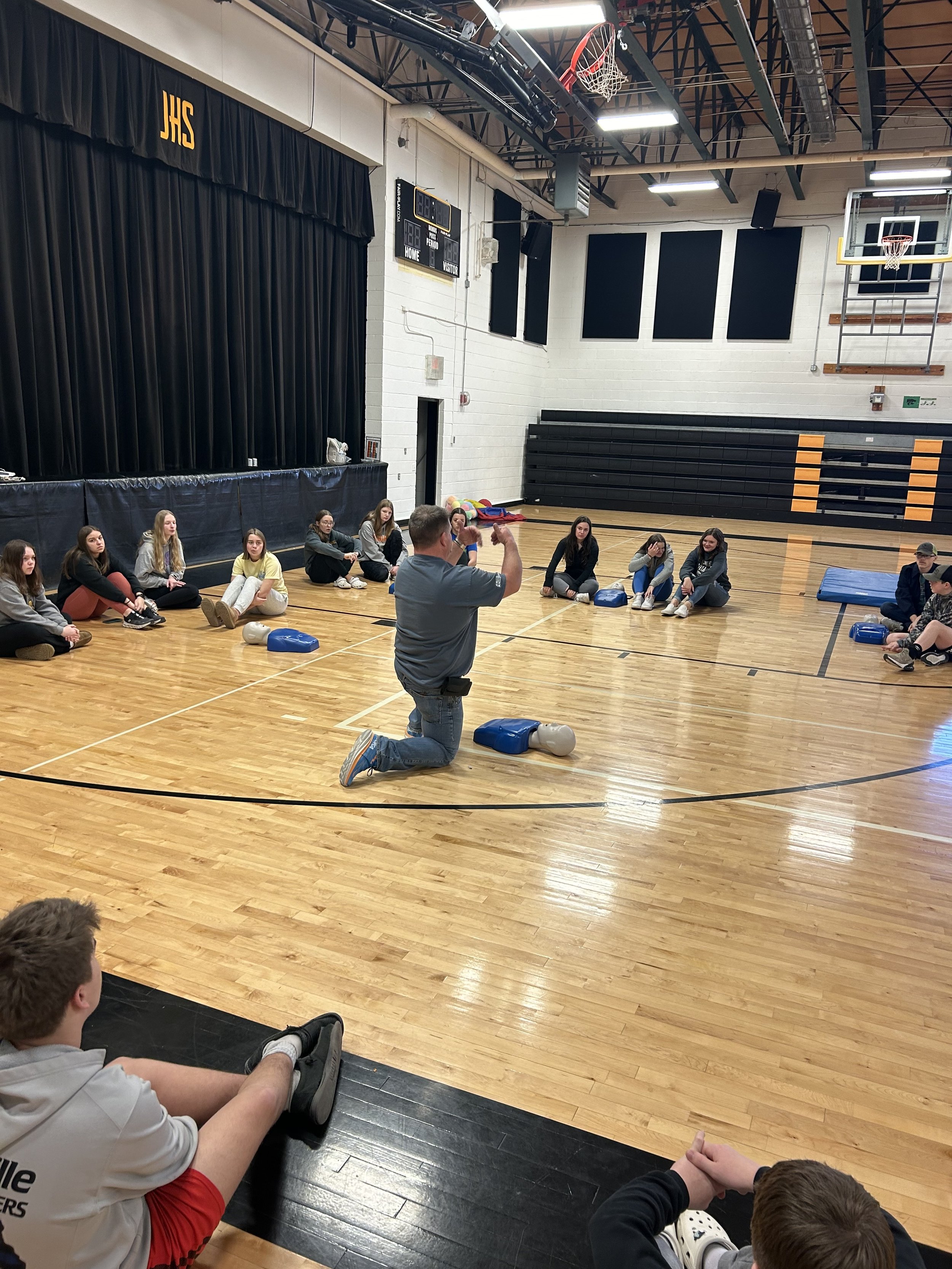In an era where smartphones have become nearly ubiquitous, JCSD is making a bold decision: we will be enforcing a cell phone-free policy for students during school hours. While this may seem like a significant change, the school feels it is a necessary step to prioritize the students' mental health, focus, and overall well-being.
The decision to implement this policy is rooted in growing concerns about the impact of constant smartphone use on adolescents, supported by research and expert opinions—including insights from “The Anxious Generation” byJonathan Haidt , which highlights the damaging effects of digital overload on young minds.
In “The Anxious Generation”, Haidt explores how today’s teens face unprecedented levels of anxiety, much of which can be traced back to the omnipresence of technology in their lives. Constant notifications, social media pressure, and the need to stay connected 24/7 have created an environment where teens feel they can never fully disconnect. As a result, their mental health suffers.
Smartphones, while useful, often contribute to increased levels of stress, anxiety, and distraction. Studies show that students are finding it harder to concentrate in class, form meaningful in-person relationships, and even sleep well at night due to their dependence on technology. Haidt notes that this constant barrage of information and social comparison through apps like Instagram, Snapchat, and TikTok can erode a teen's sense of self-worth and increase feelings of isolation—even while they’re "connected" to hundreds of peers.
Superintendent Meaney states, “The goal is not to take students’ cell phones, but rather eliminate unnecessary distractions and problems cell phones can cause.” Enforcing a cell phone-free environment on campus is not just about cutting down on distractions; it's about creating an atmosphere where students can thrive academically, socially, and emotionally. Some key benefits of going cell phone-free include:
Improved Focus and Academic Performance - Without the constant distraction of incoming texts, social media notifications, and viral videos, students will be able to concentrate more fully on their lessons. Teachers often notice that students who are more engaged during class perform better on assignments and tests. In fact, research shows that schools with phone restrictions have seen an increase in student attention and overall grades.
Reduced Anxiety and Stress - When students aren't tied to their phones, they experience less social pressure to keep up with every post, comment, or like. A phone-free environment gives students a much-needed break from the unrealistic standards often perpetuated by social media, which *The Anxious Generation* emphasizes as a major source of adolescent anxiety. Freeing them from the constant need to be “on” allows them to be more present in the moment and reduces stress levels.
Better Social Interactions - One of the ironies of the digital age is that while teens may be more "connected" online, they often feel lonelier in real life. By removing cell phones, students will have more opportunities to engage face-to-face, build deeper relationships, and improve their communication skills. This is especially important for developing the social and emotional competencies that will benefit them beyond the classroom.
Promotes a Healthy Digital Balance - Going phone-free during school hours teaches students how to set boundaries with their technology use—something they can carry with them into adulthood. Learning to unplug is an essential life skill, especially in a world where technology is always at our fingertips. By practicing intentional breaks from their phones, students can develop healthier habits and a better balance between the digital and physical worlds
How the Policy Will Work
Starting second quarter, students will be assigned a YONDR bag. During the students’ first class period of the day, they will be asked to seal it themselves. As they leave their last period of the day, or leave to drive themselves to an off campus class, their teacher will unlock it. In case of family emergencies, families may email their students through their Janesville issued email address or call the main office.
To help with the transition, the administration met with students to present the new policy. We want to ensure that this change is as smooth as possible and that students understand the long-term benefits of this policy for their well-being. Meaney explained, "Mr. Angel and I met with all students in grades 9-12 on October 11th to discuss the policy and answer questions that the students may have had. The meetings went really well, and the students asked wonderful questions. We know that this will be a huge shift for both our students and adults, but we are confident this is best for kids.”
This shift may take some getting used to, but the evidence is clear: reducing students' reliance on cell phones can have a positive impact on their mental health, academic success, and social development. As we move forward with this cell phone-free policy, we are confident it will create a healthier, more focused, and supportive school environment where students can grow both intellectually and emotionally.
We encourage parents, students, and staff to embrace this new policy as a step toward a brighter, less anxious future for our entire school community.
Please refer to the list of Q&As or reach out if you have additional questions.

























































